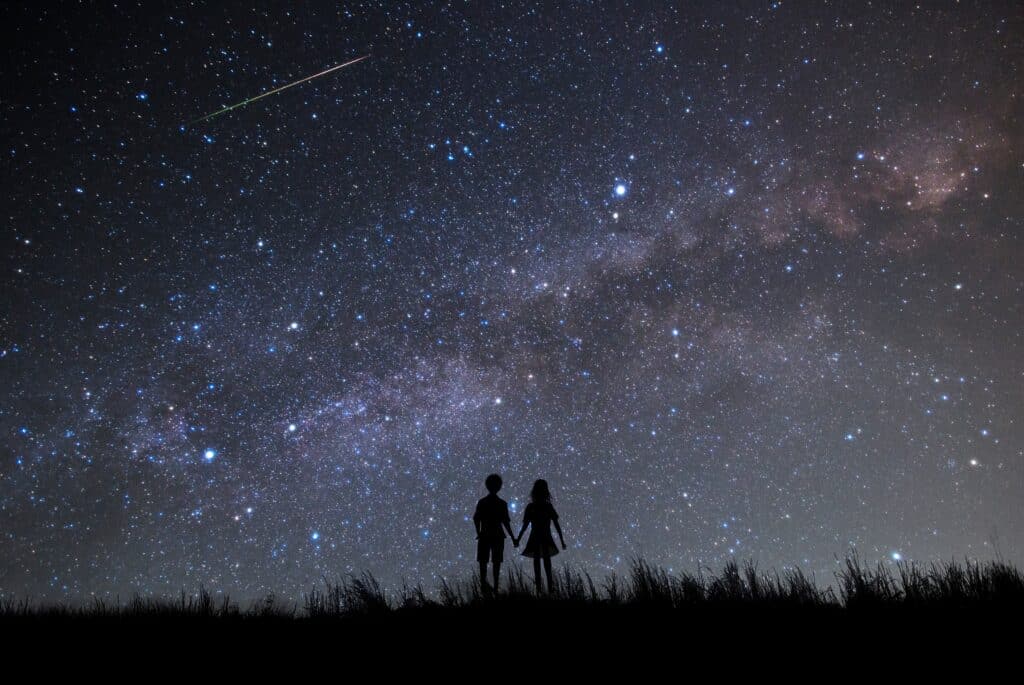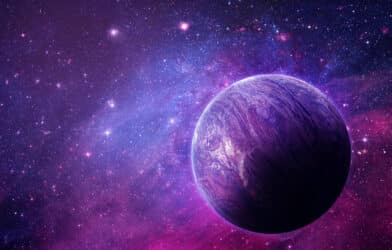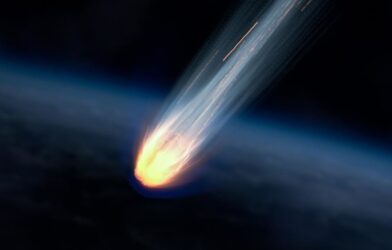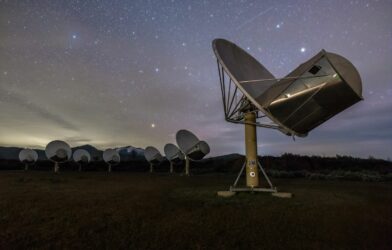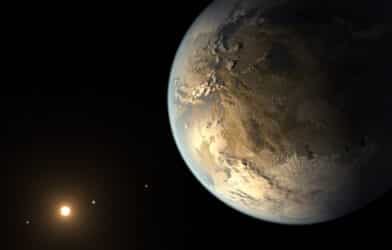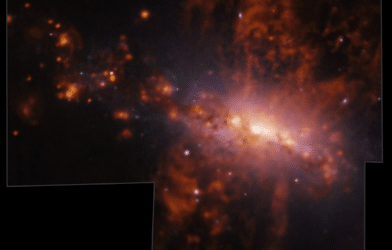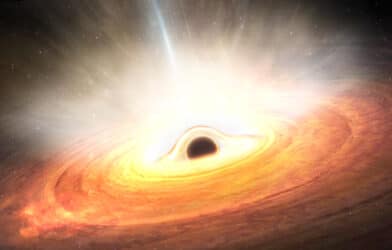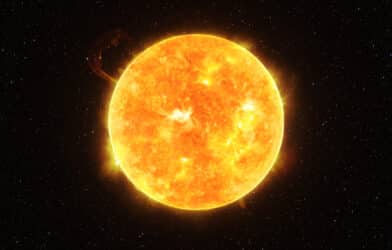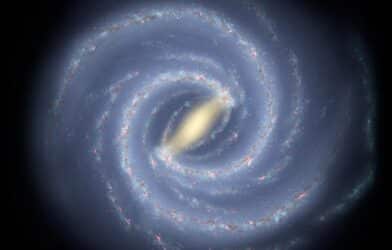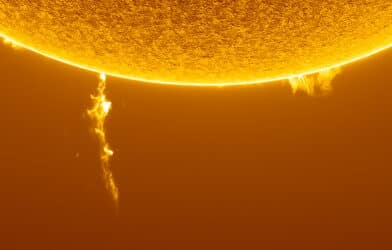An innovative study led by a team from the University of Wisconsin–Madison may fundamentally change the way we search for life beyond Earth. Scientists have crafted a “cookbook” of chemical recipes that have the potential to give rise to life, a resource that could guide the quest for extraterrestrial beings.
The team’s research revolves around the concept that life, in its most basic form, relies on repeated chemical reactions. “The origin of life really is a something-from-nothing process,” says Betül Kaçar, a NASA-supported astrobiologist and UW–Madison professor of bacteriology, in a statement. “Life comes down to chemistry and conditions that can generate a self-reproducing pattern of reactions.”
The ‘Kitchen Chemistry’ of Life
The study builds on the idea that there are finite “ingredients” in the universe’s chemical pantry. In other words, life across galaxies could be based on the same set of basic chemical elements found in the periodic table. This theory narrows down the conditions under which life could exist elsewhere—like setting the right “oven temperatures and baking times,” as the press release puts it.
The scientists were particularly interested in a type of reaction known as autocatalysis. Autocatalytic reactions are self-sustaining cycles where the products of one reaction serve as the reactants for the next round. “Chemical reactions that produce molecules that encourage the same reaction to happen again and again are called autocatalytic reactions,” the team explains.
One analogy used to explain this is a growing population of rabbits. Just like pairs of rabbits produce litters that grow up to create more litters, autocatalytic reactions continue to sustain and speed themselves up, ultimately giving rise to complex life forms.
“It was thought that these sorts of reactions are very rare,” says Kaçar. “We are showing that it’s actually far from rare. You just need to look in the right place.”
Their work involved compiling 270 combinations of molecules with the potential for sustained autocatalysis, involving atoms from all groups and series across the periodic table.
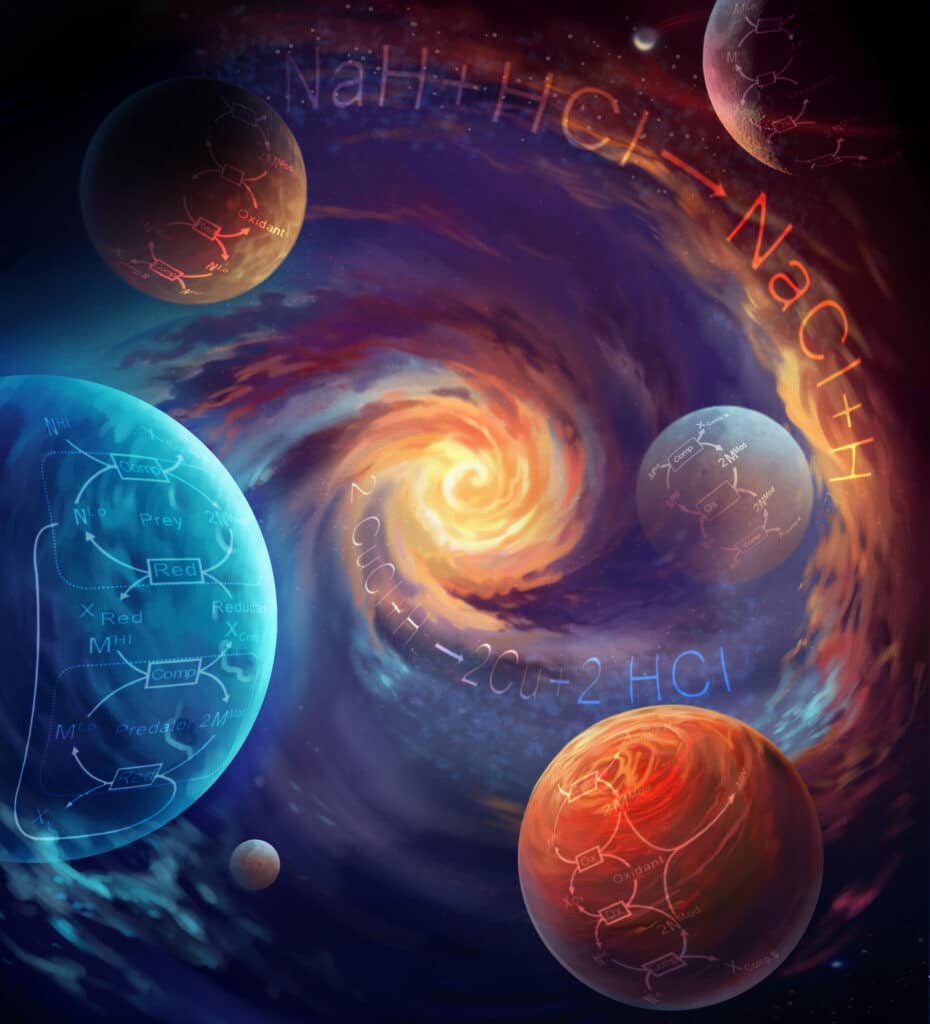
Unlocking the Secrets of Comproportionation Reactions
The researchers focused on a specific class of reactions known as comproportionation reactions. To simplify, these are reactions where two compounds that contain the same element but have different numbers of electrons combine to create a new compound. The new compound serves as a starting material for the next reaction, making it autocatalytic.
“If those conditions are right, you can start with relatively few of those outputs,” says Zach Adam, a co-author of the study and a UW–Madison geoscientist. “Every time you take a turn of the cycle you spit out at least one extra output which speeds up the reaction and makes it happen even faster.”
What’s Next?
This research isn’t just for theorizing; it’s aimed at practice. Kaçar hopes that chemists will use these newly-discovered recipes in simulations mimicking conditions on other planets. “We will never definitively know what exactly happened on this planet to generate life. We don’t have a time machine,” Kaçar says. “But, in a test tube, we can create multiple planetary conditions to understand how the dynamics to sustain life can evolve in the first place.”
The study, published in the Journal of the American Chemical Society, was funded by multiple organizations including the NASA Astrobiology Program and the John Templeton Foundation.
